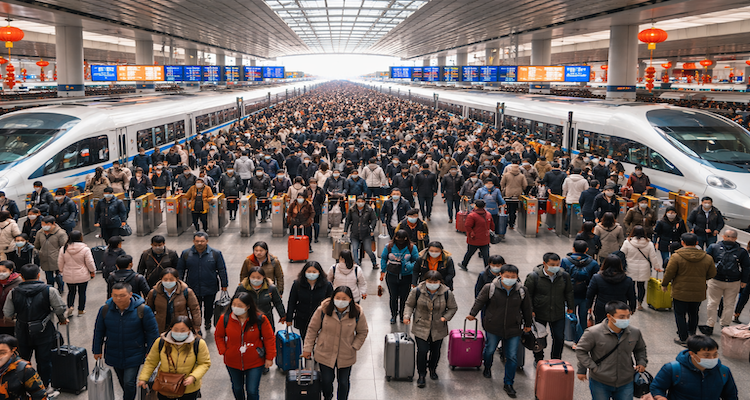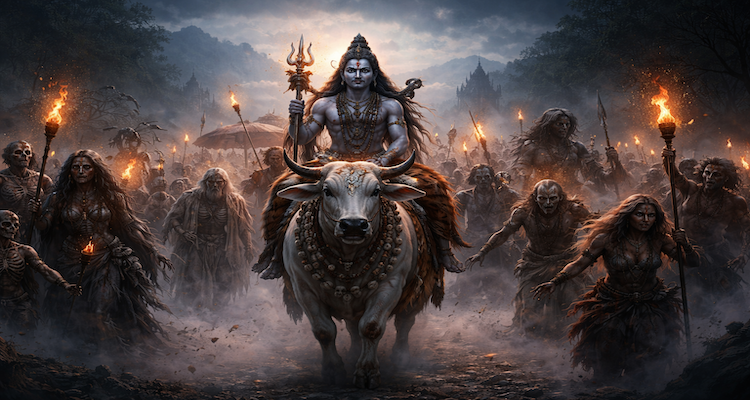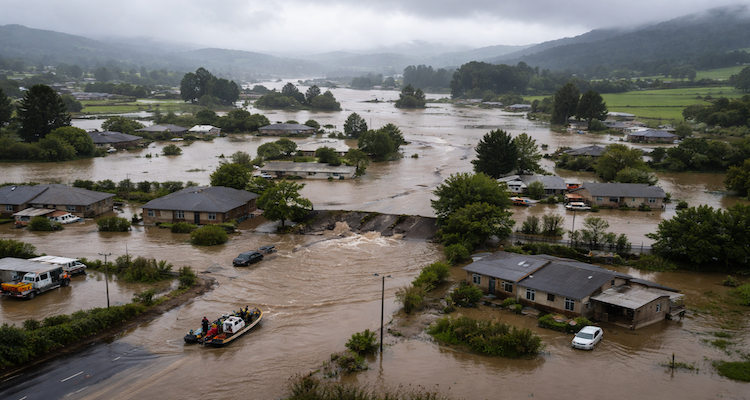Cultural Collapse: What Happens When Everyone Forgets at Once

What happens when everyone forgets at once? Exploring cultural collapse, memory loss, and the crisis of identity in a world where traditions vanish.
Introduction
Imagine waking up one morning to discover that cherished traditions, ancestral practices, and even yesterday’s shared memories have vanished. No songs, no stories, no rituals linking us to the past. This chilling scenario, though hypothetical, raises urgent questions about society’s resilience when cultural memory is erased. What happens when everyone forgets at once—and what does that mean for our future?
Context & Background
Cultural memory has always functioned as humanity’s anchor. Through oral traditions, rituals, languages, and written records, civilizations preserved their identities. When communities endured wars, migration, or colonization, memory became strength, reconstructing continuity in fractured times.
But history also reminds us of episodes close to cultural oblivion. The burning of the Library of Alexandria, the forced assimilation of Indigenous peoples, and authoritarian campaigns against cultural expression all carried devastating consequences. When knowledge, language, and tradition are lost, societies undergo not just political or economic collapse—but cultural erasure that shapes generations.
Today, this fragility is amplified by technological dependence. Our memories are increasingly externalized to servers, clouds, and digital devices. But what if, suddenly, those systems failed or collective recall fractured? What would remain of us?
Main Developments
Scholars and sociologists describe cultural collapse as a breakdown in shared narratives, values, and knowledge systems. It doesn’t take overnight amnesia for collapse to occur—only accelerated forgetting. Factors such as globalization, urban migration, declining use of native languages, and the rapid replacement of tradition with digital substitutes all contribute to thinning cultural continuity.
For example:
-
Language extinction: UNESCO reports nearly half of the world’s 7,000 languages are threatened, with one disappearing every two weeks. Each vanished language erases stories, belief systems, and ancestral memory.
-
Digital dependency: Generations who rely on smartphones as external brains risk losing oral retention, navigation skills, or even intimate memory practices.
-
Homogenization of culture: The rise of global pop culture often sidelines local heritage, creating uniformity but weakening diversity.
When everyone forgets, societies lose the glue that binds individuals into purposeful collectives. Collapse follows not through violence, but hollowing disconnection.
Expert Insight & Public Reaction
Anthropologist Dr. Meera Chandrasekaran describes cultural collapse as “not a single moment, but a slow erosion, invisible until too late. The crisis emerges when a society no longer recognizes what has been lost.”
Neuroscientists warn that memory—both personal and collective—requires active preservation. Social rituals, festivals, and storytelling are cognitive reinforcements that protect against forgetting. Without them, memory dies faster than we realize.
Public reaction, however, reflects both anxiety and indifference. In a 2024 global survey on heritage and identity, more than 60% of respondents under 30 said cultural traditions felt “distant or irrelevant,” while 72% of elders expressed grief at fading practices. The generational gap underscores how cultural continuity can rupture in just one lifetime.
Impact & Implications
If cultural collapse were sudden and absolute—if everyone forgot at once—the consequences would be profound:
-
Identity crisis: Without anchor points of tradition, individuals would struggle to answer “Who am I?” beyond immediate existence.
-
Loss of wisdom: Generational knowledge about agriculture, medicine, and ecology would vanish, leaving societies vulnerable to crises.
-
Social fragmentation: Institutions that rely on collective values—law, family structures, education—would wobble without shared memory.
-
Psychological disorientation: Just as memory loss in individuals leads to confusion, mass forgetting could spark widespread anxiety and disconnection.
However, there are also possibilities to reimagine the future. Some futurists argue that forgetting allows for reinvention, free from inherited prejudice and hierarchy. Yet history suggests that when societies are uprooted from memory, they struggle before reinventing themselves.
Conclusion
Cultural collapse is not a distant science fiction scenario. It is already underway where languages vanish, stories are no longer told, and technology threatens to overshadow memory rather than preserve it. The haunting idea of “everyone forgetting at once” should not be seen as inevitable apocalypse, but a wake-up call: cultural continuity demands attention, participation, and effort.
Preserving heritage does not mean clinging to the past in rigid ways. It means building bridges—between memory and innovation, between the old and the young, between the local and the global. If forgetting is the challenge of our time, remembering must become humanity’s collective resistance.
Disclaimer :This article is an original analytical piece created for educational and informational purposes. It does not replicate or paraphrase external content and should not be considered a substitute for expert anthropological or psychological consultation.










